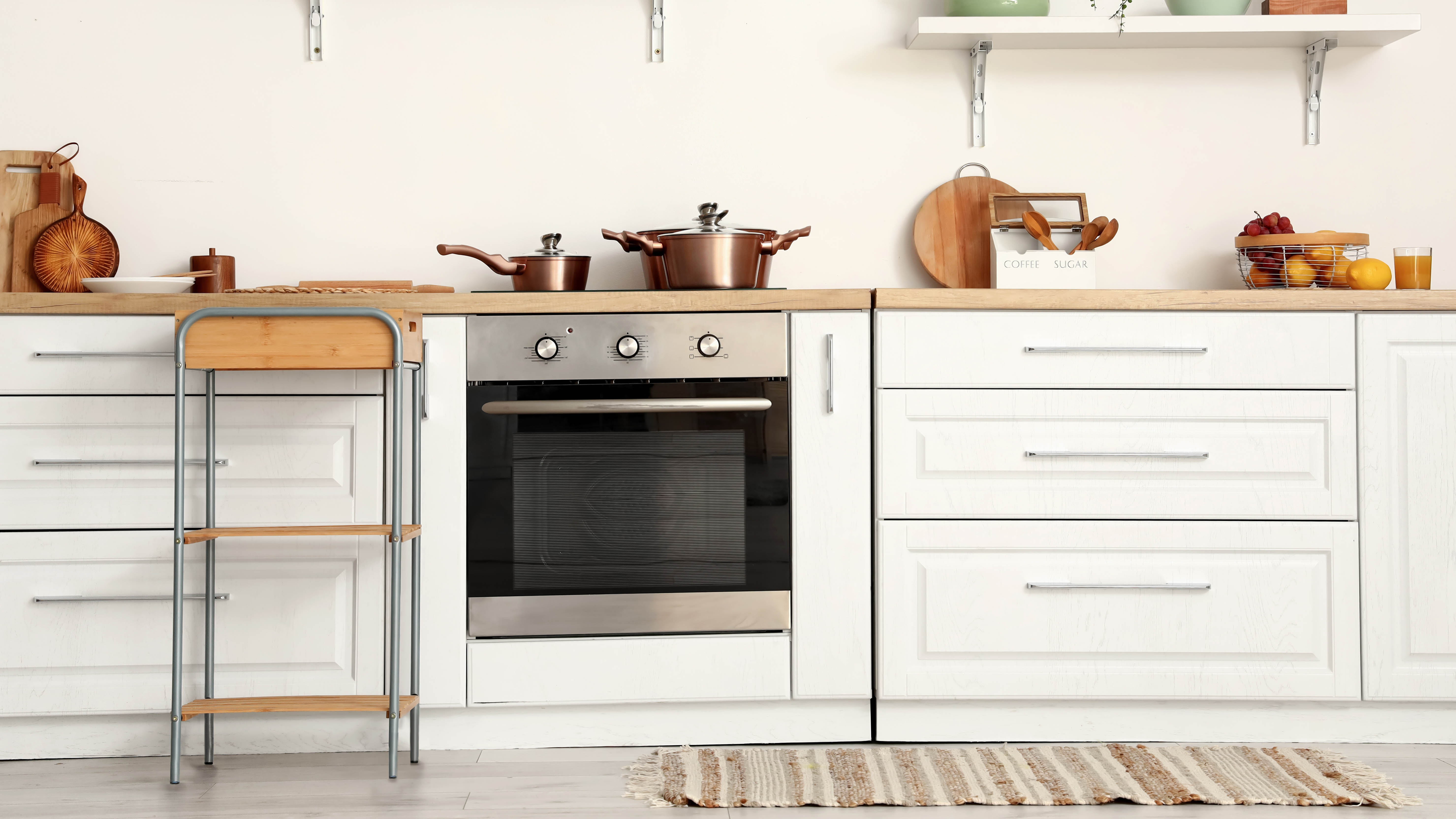
Whether you enjoy cooking up a storm or lack storage space for your excess cookware, ovens can make handy storage when not in use. But despite being a clever, space-saving hack, especially for compact kitchens, you could be storing the wrong things — that could cause damage.
Even if your oven has a dedicated storage drawer, there are still certain things that should not be placed inside, at all costs. This is because we don’t often consider how the high heat when the oven is on, will affect your cookware. In fact, not only can this cause damage, but also a potential fire hazard.
We ask a cookware appliance expert to share their top tips on what you can and can not store in your oven — so you can keep your home safe and items damage free.
3 things you should never store in the oven
These items are a firm no-no...
Wooden utensils
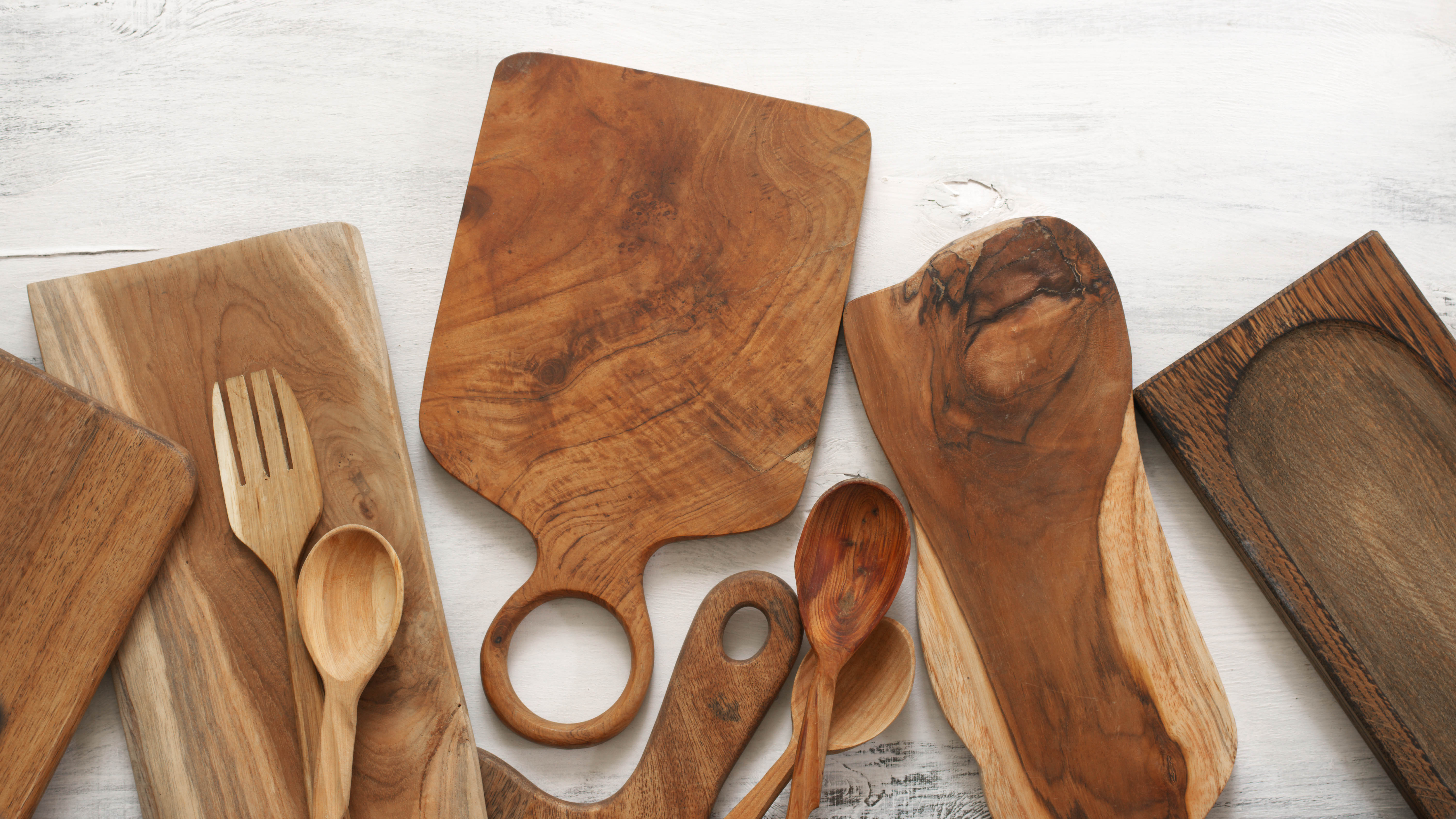
Whether it’s your wooden chopping board collection, serving spoons, or other utensils, avoid storing these in the oven. Wooden items are prone to damage from high temperatures, including cracking or even burning.
“The oven has become a popular storage solution in our homes once the cupboards are full. But it is not the perfect home for everything,” says Zimbini Nkonjera, Cooking Category Manager at Hotpoint. “Not only can wood dry out, crack, or catch fire if exposed to prolonged heat, even if the oven isn’t on, but there’s also the risk of forgetting they are in there when you preheat the oven.”
Plastic items/wrap
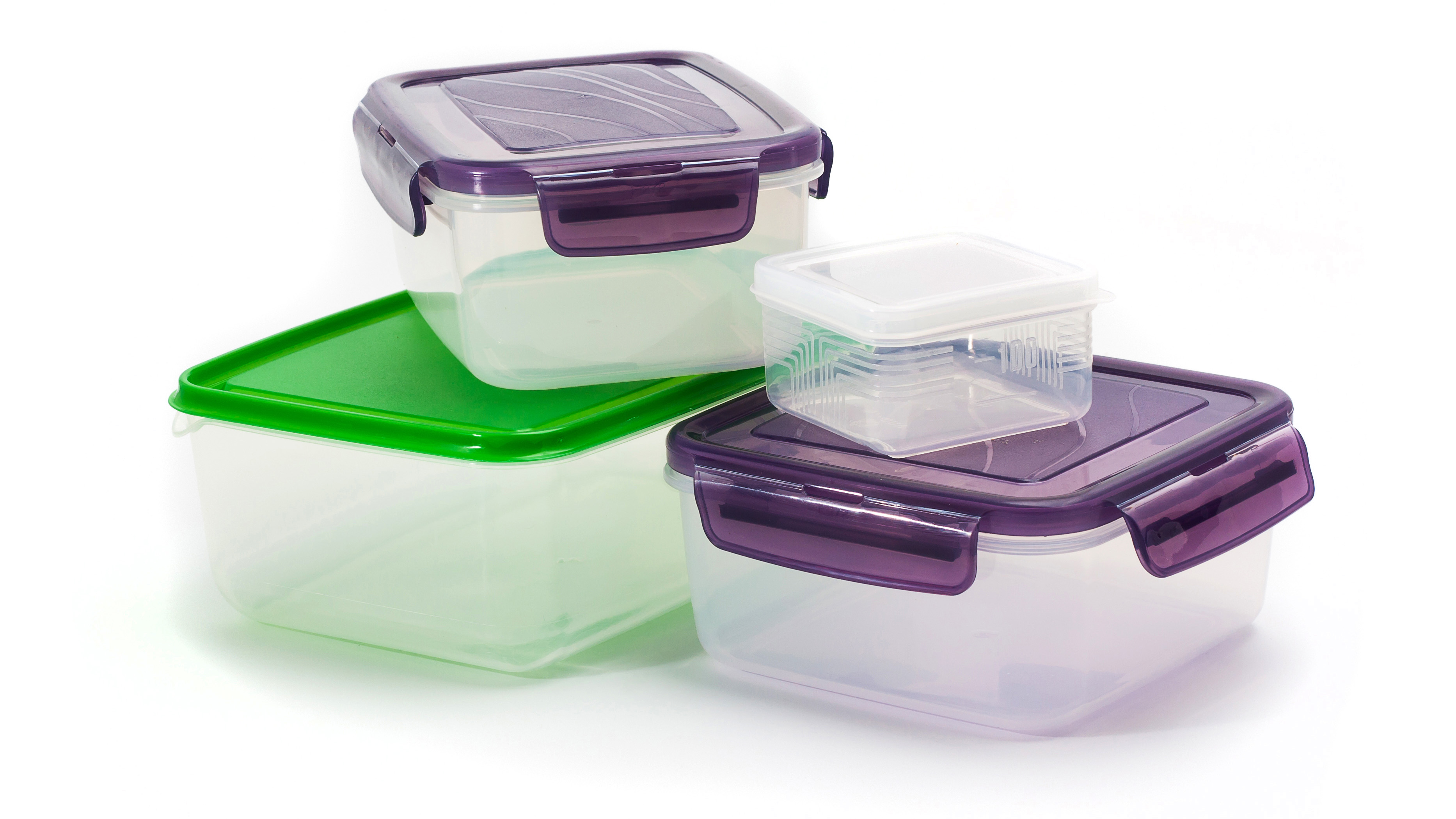
Be it food-grade containers, trays or even plastic wrap, such essentials should never be stored in the oven. “Even if the oven is off, the lingering heat can lead to plastic items like containers and utensils melting onto cooking surfaces or releasing harmful chemicals.”
What’s more, plastic wrap intended for covering food or containers will easily warp, shrink, or melt when exposed to high temperatures. This also applies to glass storage containers with plastic lids. Always store plastic items in a cabinet or suitable, cool storage place.
Cleaning products
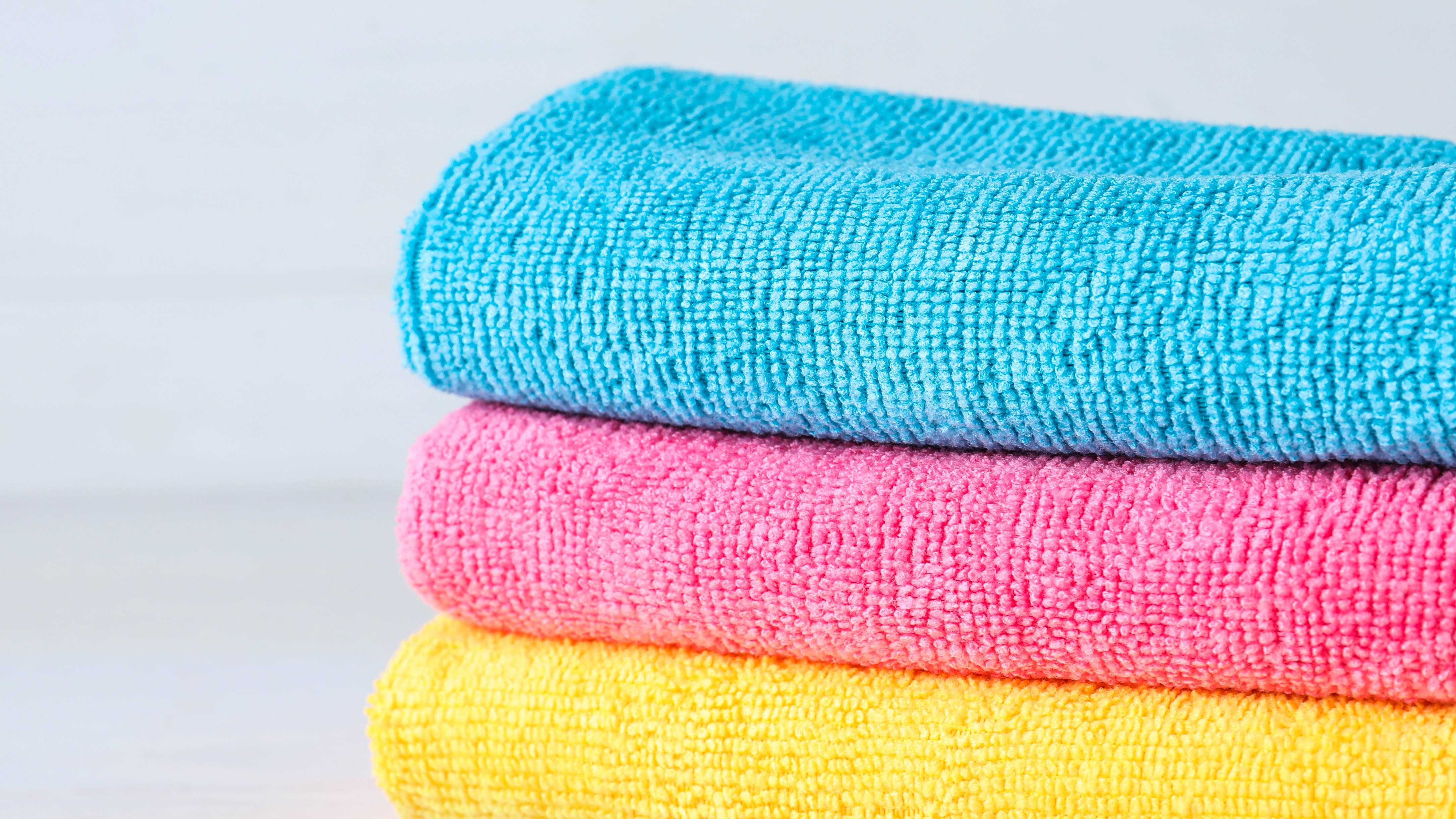
You may want to keep your cleaning items close at hand, if you ever want to give your oven a quick wipe-down after use, however, never store these in the oven drawer.
“If the cupboard under the sink is full, the oven can seem like a great plan B for storing cleaning supplies. But, they can be hazardous when exposed to heat so it’s a no-go,” says Nkonjera. It’s always best to store such items in a cool, dry and well-ventilated place.
3 things you can store in the oven
These items get the green light for oven storage!
Baking sheets
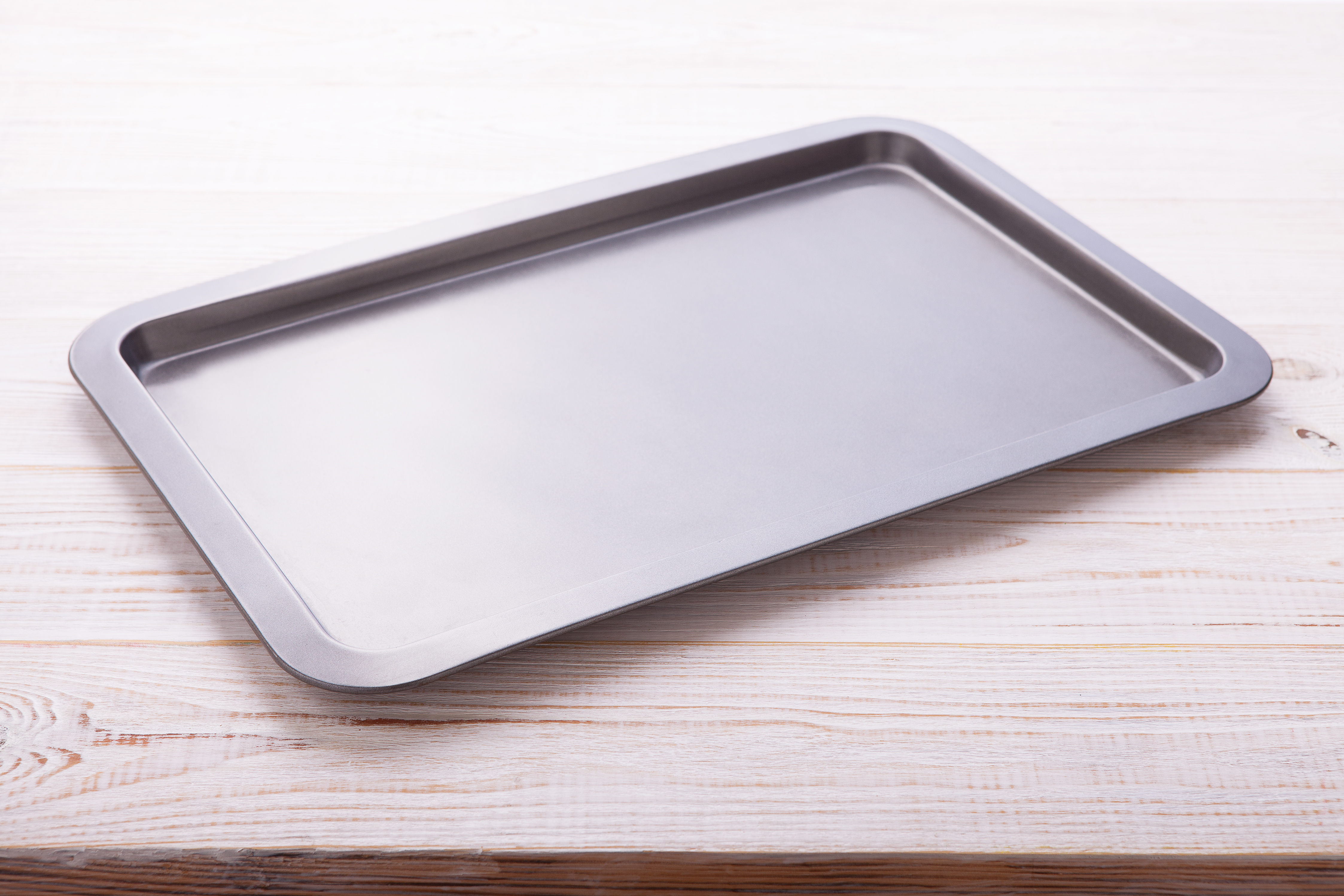
For those who enjoy regular bake-offs, you’ll probably have plenty of baking trays for your cakes or delicious treats. And since these are designed to withstand high heat, these are suitable for storing inside your oven. “This just makes too much sense. And, because of their flat shape, you can store them in volume too. Make sure they are clean and dry when you pop them in," says Nkonjera.
If your baking sheets have seen better days though, here’s how to clean a baking sheet in 3 easy steps. But if you want to minimize deep cleaning chores, you can line your baking sheet with foil, parchment paper, or a silicone baking mat like this Amazon Basics Silicone, Non-Stick,Food Safe Baking Mat - Pack of 2 ($9, Amazon). Not only will these protect the surface from grease, but makes it easier to lift the whole batch of baking out once they’re ready to eat.
Dutch ovens
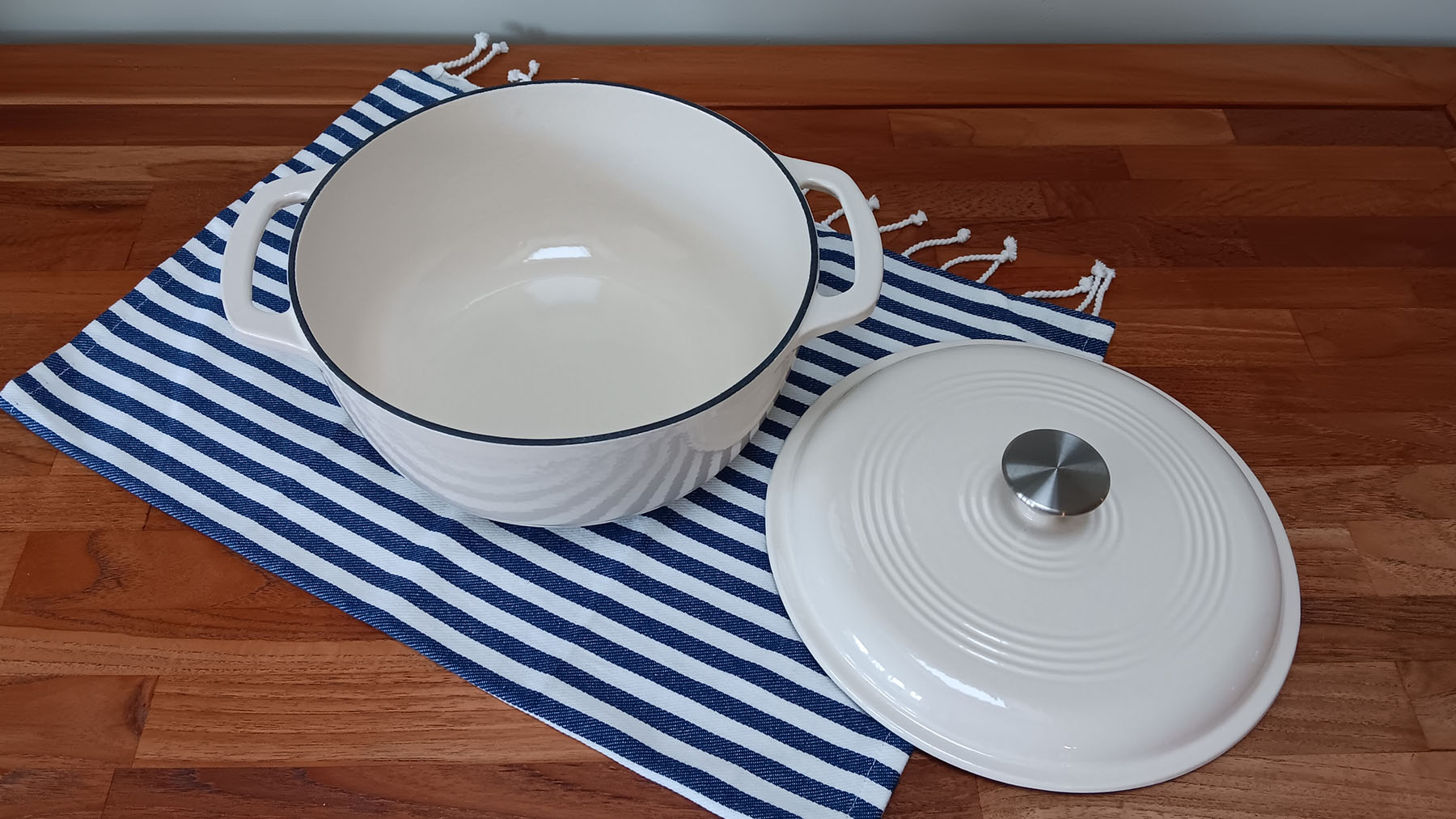
Similar to the best cast iron skillets, Dutch ovens are popular and sturdy cooking pots that can rustle up hearty meals. As such, cookware can cope with high temperatures, these are ideal for storing in the oven.
“These heavy-duty, versatile cooking pots are oven-safe, which is great news because their size and weight can make it difficult to store in kitchen cupboards – especially if the only space available is high up," Nkonjera says.
If you’re unsure whether to buy a Dutch oven, check out What is a Dutch oven — everything you need to know about this kitchen essential.
Pizza stones
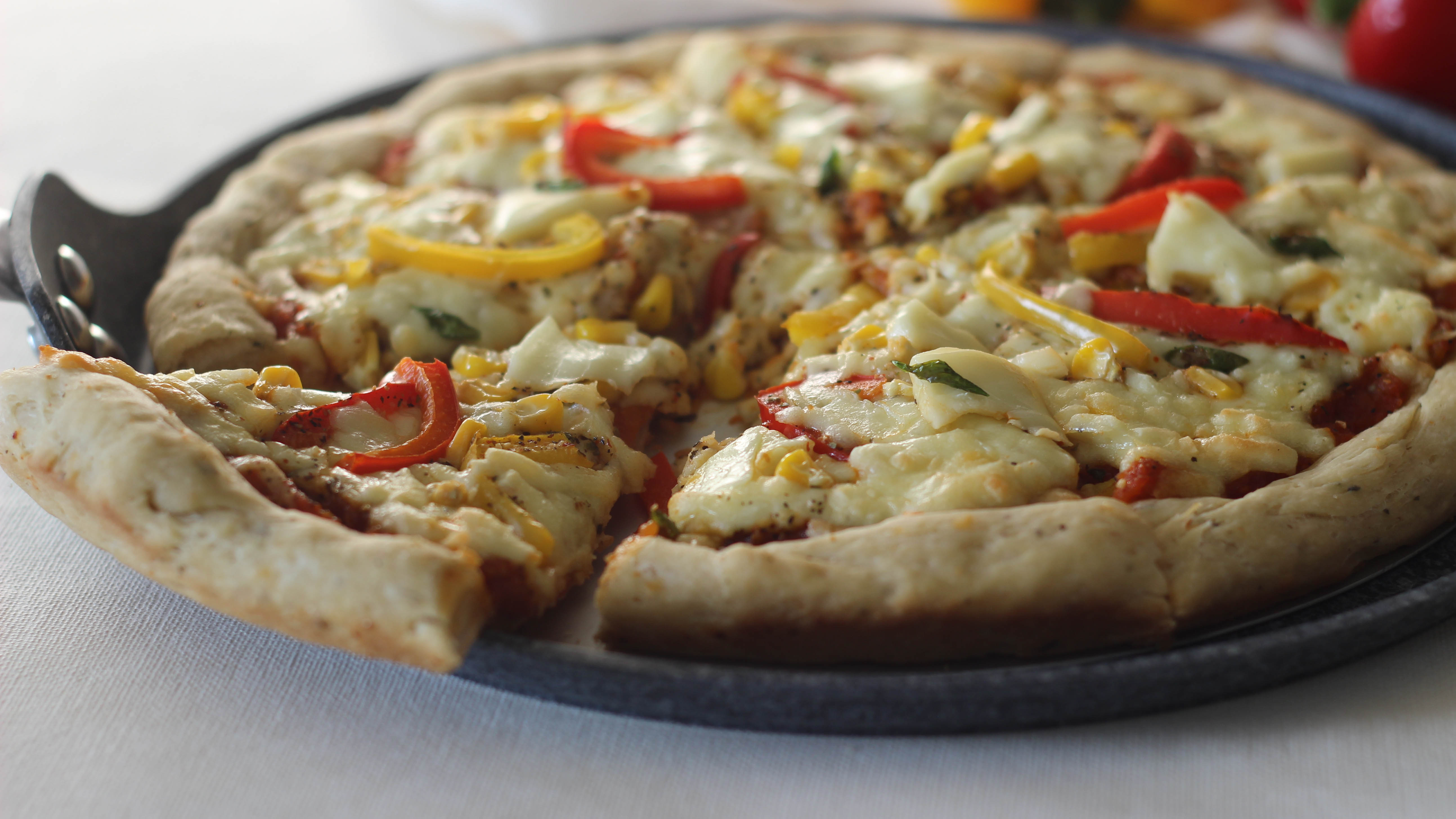
Pizza stones are handy for making homemade pizza — resulting in crispier and delicious results. These are usually made from ceramic, cordierite, or a composite material that is more durable to conduct heat.
“The oven is the best place to store these ceramic slabs," says Nkonjera. "They’re meant to start in a cold oven to heat up as the oven does, so if it is already in there when it’s time to cook your pizza, you’re one step ahead.”
If you want to take it even further, and you have outdoor space, you can always invest in one of the best outdoor pizza ovens to achieve that authentic, pizzeria taste. Perfect for those backyard gatherings, and to impress your guests!







